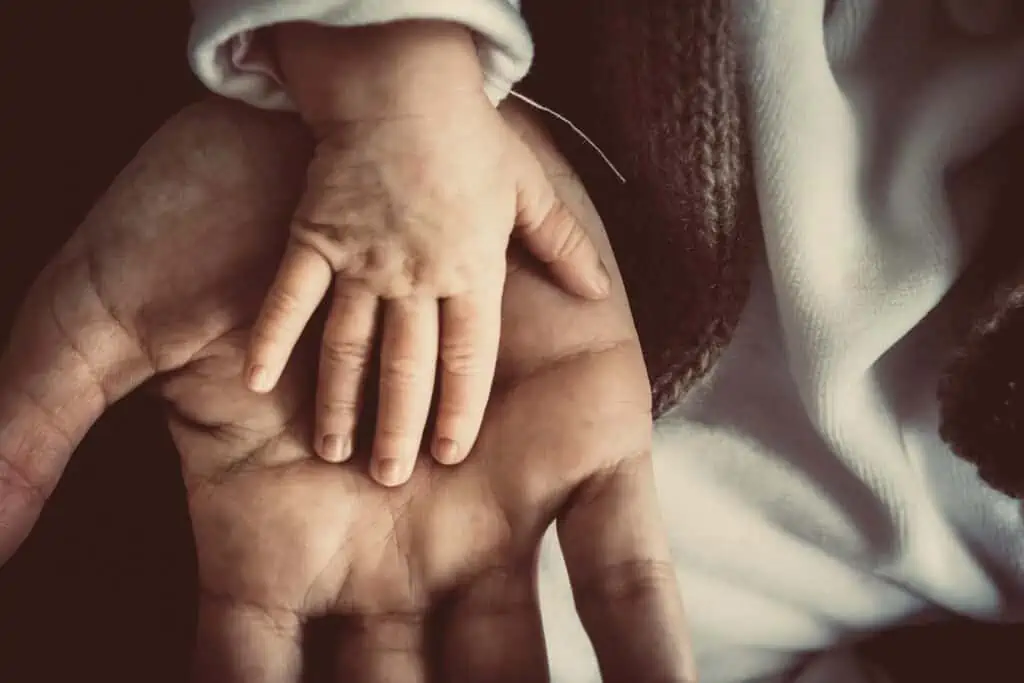What is adulthood? A problematic definition at best

When we think of an adult, a ”grown” man or woman is what usually comes to mind. Maybe, but not always, a responsible human being who is actively engaged with his or her community. It is also safe to say that to act like an adult is to do the things every adult does (work, paying bills, etc). However, if you stop taking the term ”adult” for granted, you will realize that its complexity can never be overstated and question whether there is any such thing as to act like an adult.
The (least boring) legal definiton of adulthood
Let us start with the legal definiton of adulthood – it will not bore you to death, cross my heart! In most parts of the world, the legal definiton of an adult is anyone above the age of 18. Presumably, it is at this age that someone is able to make conscious decisions and sift the right from the wrong. The most crucial component of this definition is soundness of mind, but how can you be sure that everyone at 18 is of sound mind? Apart from the illusive task of defining what sound mind means, do people not achieve it in different time frames? Do humans not reach puberty in different time frames? If both soundness of mind and reaching puberty are natural processes, why should they be any different from one another? How can the one-size-fits-all logic be applied to adulthood?
It is more accurate to say, then, that some people – the lucky ones! – are adults at 18; others at 20, 30, and the list goes on – including never.
The scientific definition of adulthood
There is no scientific definition of adulthood, but we can make one by building on the legal definition with some straighforward logic: if soudness of mind is the prerequisite for adulthood, we expect the mind to be fully developed, which most reliable scientific sources estimate it to happen around the age of 25. If the pre-frontal cortext part of the brain; the area responsible for reasoning, matures around this age, how can an 18 or even a 21 year-old be an adult? How do you expect people under 25 to behave like adults when they are not?
The societal definiton of adulthood
Then there is the societal definition of adulthood. It is this definition that we most frequently hear. Ask most people and the answer will probably be something along the lines of ”to be an adult is to act like one!” or ”it means you are not a kid anymore! That you are independent and have responsibilities!” It is this definition that we are dismantling in the next section: debunking the adult myth.
Debunking the adult myth: is older always wiser?
I am sure you have heard of the word ”man child”. In society’s eyes, it is a man who acts more like a child than a man. I do not know about you, but whenever I hear it, I always get the subliminal impression that men and children are completely different species, which is downright ludicrous for the simple fact that; apart from physical maturity, the only major difference between the two is a developed pre-frontal cortex.

Men are simply smarter children. ”But wait!” you exclaim, ”men also have better control of their impulses! They would not make a scene in the grocery store because their favourite candy is out of stock!” Maybe most adults would not make a scene in such a case, but a lot of them would give way to a grunt or (their favourite) mutter a curse if the worplace cafeteria runs out of coffee. Adults learn to be more implicit and indirect in exhibiting difficult behaviour in public. It is like learning to put a silencer on a pistol. Those who do not bother to put the silencer on are labelled as Karens and Darens.
Karens and Darens: adults or adult children?
Karens and Darens are seen as ”adult children” because they do not conform to conduct expected of an adult. Adulthood in this case means conforming to the behaviours society associates with it, but does everyone do so at all times? If not, what category would this fall under? Children? Adults? Both?
Society considers the gradual switch from non-conformity to conformity as growing mature, but what should it say of those whose case is the opposite? Did they start as adults and end as children? Did they ”grow immature”? Would it not be more accurate to say that we are in constant flux between childhood and adulthood?
How the notion of adulthood hurts our well-being

The concept of adulthood does harm to our well-being in subtle ways. The idea of upholding responsiiblity and courtesy at all times is commendable but unrealistic. Our lizard and mammalian brains do not go away when we come of age; they are still there deep in our skulls, constantly prodding, nagging and demanding. It is as primal as it can get, but denying such an obvious-but-not-so-obvious fact puts unnecessary pressure on people to behave as if the animalistic parts were not there; ”behaving like angels” is how some would describe it.
We are too hard on ourselves when we fail to conform to this unrealistic notion of adulthood, which certainly does not massage our self-esteem. A relevant analogy is how society nowadays expects all of us to have great-looking bodies instead of just – bodies.
To act like an adult all the time is an unrealistic expectation that makes us unhappy, and society’s most unrealistic expectation is not expecting us to act expectedly – neither like adults nor like children, but like humans.
What do you think? Do you believe there is any such thing as maturity? What does to act like an adult mean to you? Should we be more forgiving when adults throw tantrums in public?
Share what you think in the comments below! Thanks for reading!

Imo, being an adult means taking responsibility for your actions, first and foremost. Can happen at the age of 12 or never. Keep these cool articles coming!